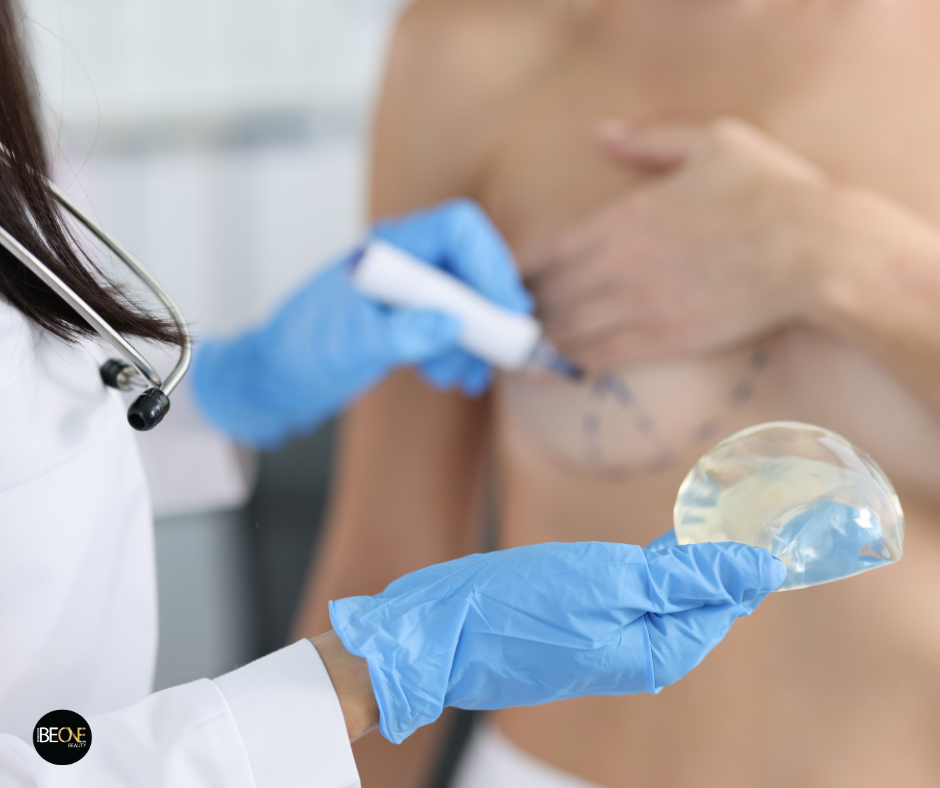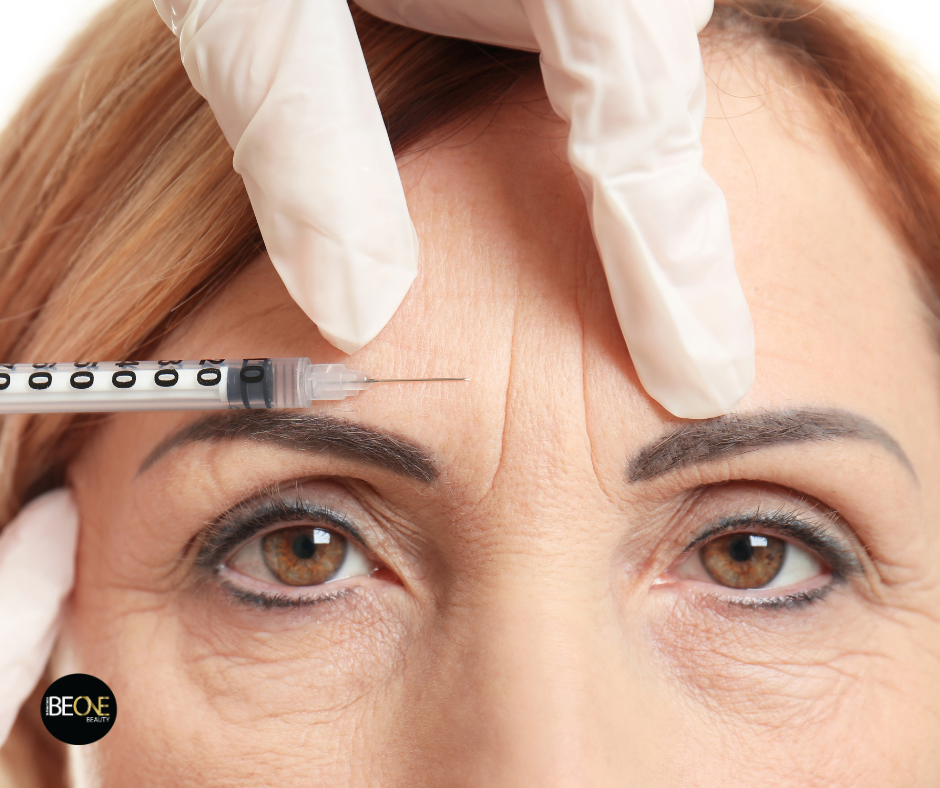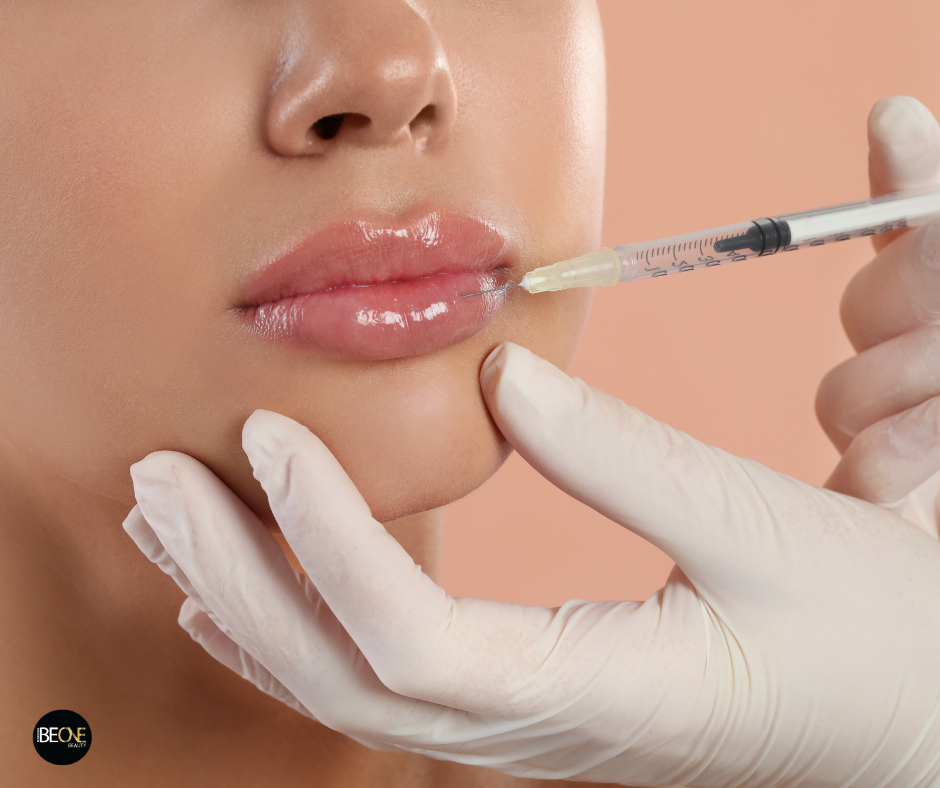
Should I Replace My Breast Implants Periodically?
Posted on: 10 Jun, 2024
Breast augmentation with implants is a common cosmetic surgery. Frequently people asked question is whether breast implants need to be replaced regularly. This report explores the expected lifespan of implants, factors that may influence the need for replacement, and expert recommendations.
Lifespan of Breast Implants
Initial Expectations
Modern breast implants are designed to be durable and safe. Although they do not have a definitive lifespan, manufacturers and plastic surgeons indicate that implants are not guaranteed to last a lifetime. The average lifespan of implants is usually 10 to 15 years, although they can last longer without issues.
Factors Influencing Durability
- Type of Implant:
- Saline: These can be prone to deflation over time.
- Silicone: These tend to be more durable and better maintain their shape and consistency.
- Cohesive Gel: Known as "gummy bear" implants, these are highly resistant to rupture.
- Individual Conditions:
- Anatomy and Lifestyle: Factors such as intense physical activity, weight, and hormonal changes can affect implant longevity.
- Medical Factors: Changes in breast tissue due to pregnancies, breastfeeding, and aging can influence the need for replacement.
- Maintenance and Care:
- Regular Follow-Up: Periodic visits to the plastic surgeon for evaluations can help detect early problems.
Reasons for Implant Replacement
Mechanical Issues
- Rupture or Leakage: Although rare, implants can rupture or develop leaks. Saline implants deflate quickly, while silicone ruptures can be harder to detect and may require an MRI for diagnosis.
- Capsular Contracture: Formation of scar tissue around the implant can cause pain, stiffness, and breast deformity.
Aesthetic Changes
- Implant Displacement: Implants can shift position over time, affecting the symmetry and appearance of the breasts.
- Changes in Breast Tissue: Factors such as aging, weight gain or loss, and pregnancies can alter the appearance of the breasts, leading to the decision to replace or adjust the implants.
Health Considerations
- Medical Complications: Infections, seromas (fluid accumulation), and tissue necrosis may require implant removal and replacement.
- Adverse Reactions: Although rare, allergic reactions or systemic issues related to implants can arise and require intervention.
Expert Recommendations
Periodic Evaluations
- Annual Examinations: Patients should undergo annual check-ups with their plastic surgeon to assess implant integrity and breast tissue condition.
- MRI Scans: An MRI is recommended three years after the initial surgery and every two years thereafter to detect silicone implant ruptures.
Warning Signs
Patients should be alert to changes in breast shape, size, or sensitivity and report any unusual symptoms to their plastic surgeon immediately.
Conclusion
Breast implants are not guaranteed to last a lifetime and may require replacement due to various reasons, including mechanical issues, aesthetic changes, and health considerations. The lifespan of implants can vary depending on the type of implant, individual conditions, and proper maintenance. It is crucial for patients to maintain constant communication with their plastic surgeon and follow recommendations for periodic evaluations. Taking these precautions will help ensure long-term health and satisfaction with breast augmentation results.
Is important that you have a consult with our professionals.
Contact us for a free Evaluation and Discounts:
📧 Email: info@beonebeauty.com
📞 Phone: (310) 628-5533
🌐 Visit us at: www.beonebeauty.com






Comments (0)
Post Your Comment